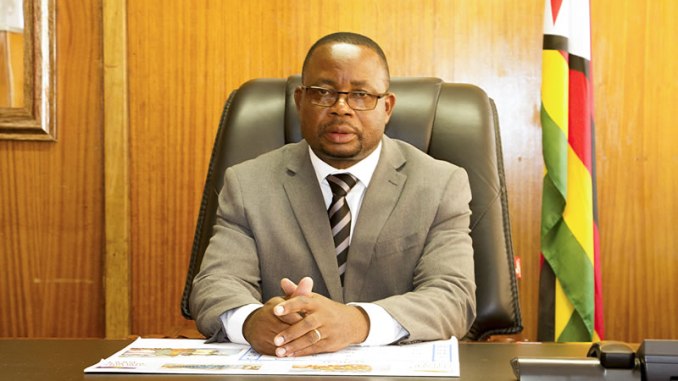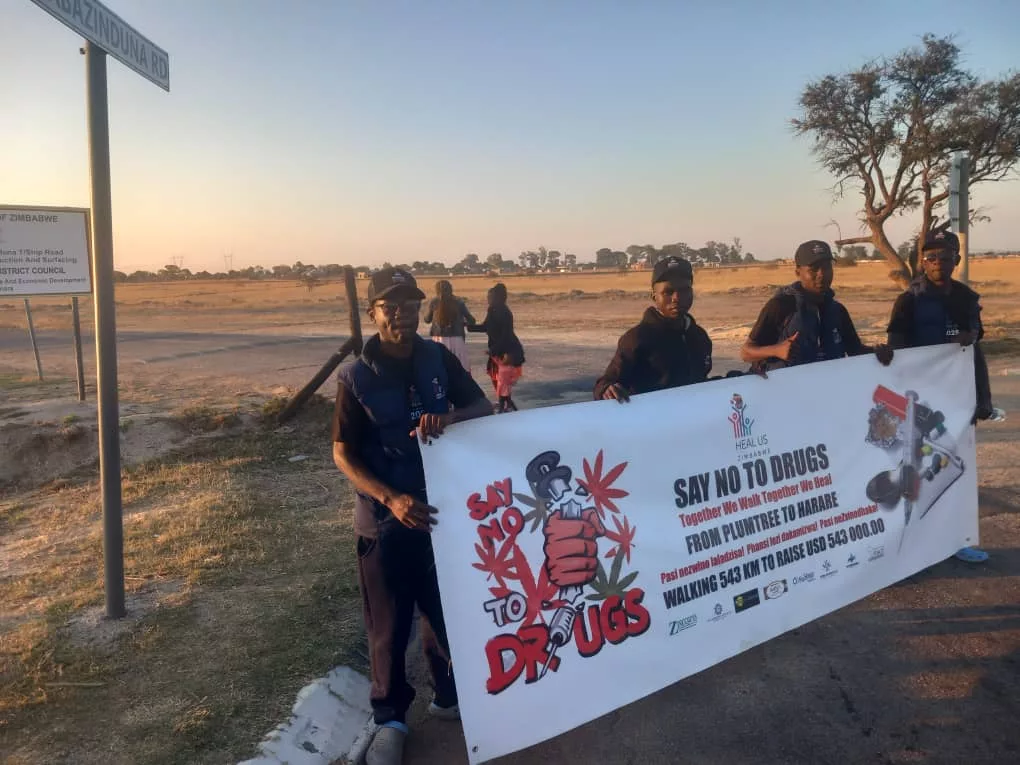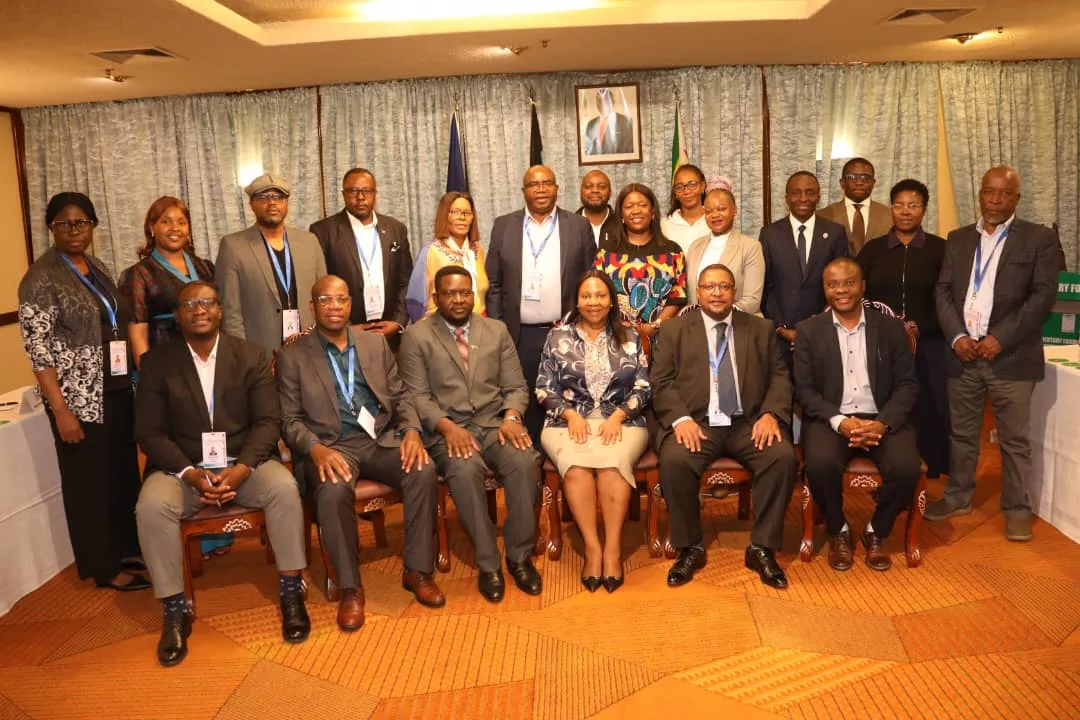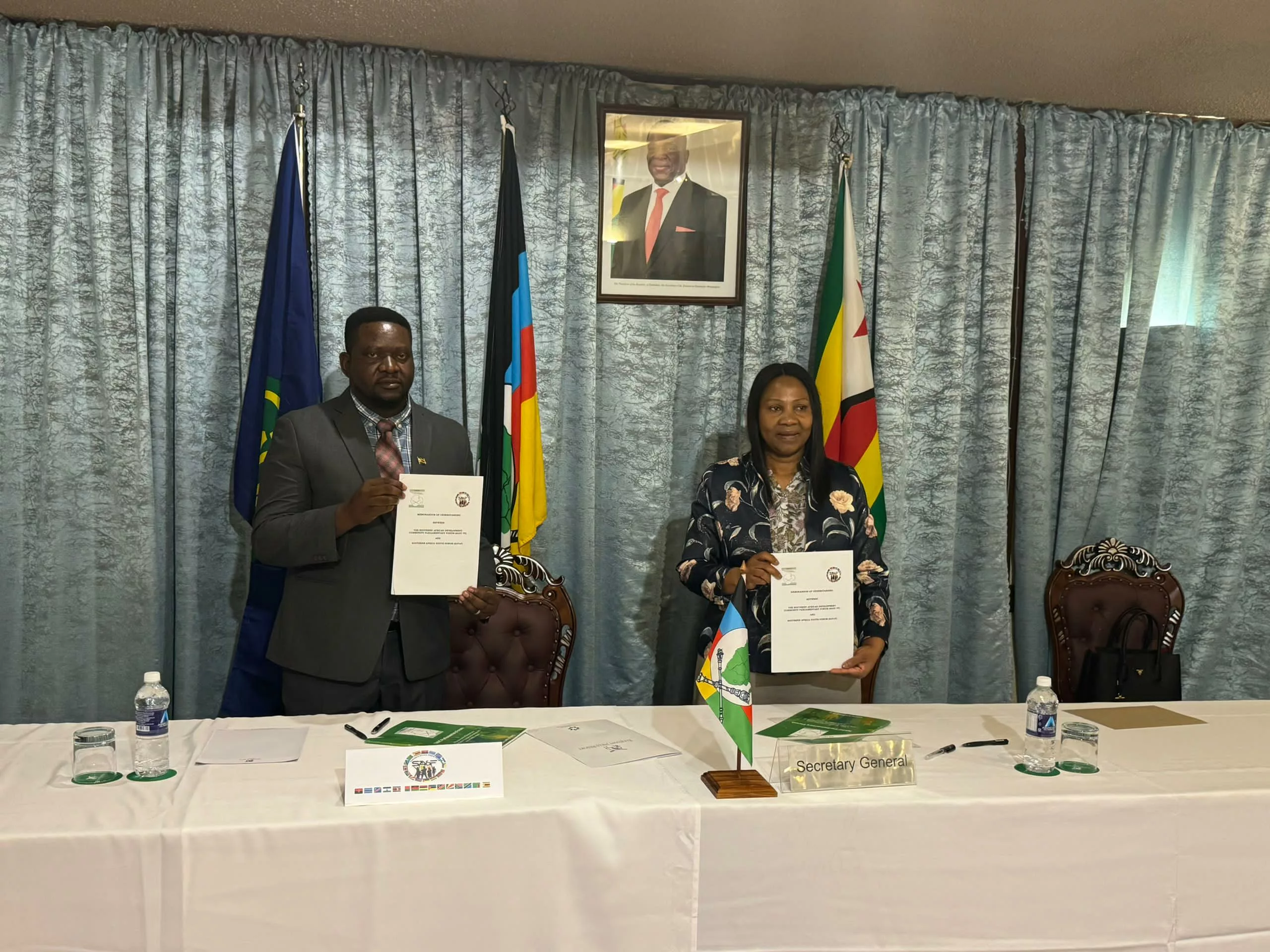|
Getting your Trinity Audio player ready...
|
We, the Civil Society Organisations (CSOs) operating in Zimbabwe, have been closely monitoring proceedings in the Parliament of Zimbabwe on legislative reform. We have taken note of the proposed amendments to the Private Voluntary Organisations (PVO) Amendment Bill, 2021 which were presented by the Minister of Public Service, Labour, and Social Welfare on 26 July 2022 in the National Assembly. These amendments initially appeared in the Parliament Order Paper of 7 June 2022. Without any debate of the clauses, the revised Bill was adopted and has now been referred to the Parliamentary Legal Committee for scrutiny as to its compliance with the Constitution.
When the PVO Amendment Bill was gazetted on 5 November 2021, it attracted widespread national, regional and international condemnation for purporting to address the risk of money laundering and countering the financing of terrorism, albeit without adhering to the standards of the Financial Action Task Force (FATF) of, among others, using a proportionate risk-based approach to identify, assess and address any money laundering and terrorist financing risks in the non-profit sector, in consultation with CSOs.
There were communications to the government from four UN Special Rapporteurs on how the Bill fails to comply with international human rights standards. Since December 2021, CSOs have presented several oral and written submissions, including the CSOs’ Consolidated Analysis of the PVO Bill, highlighting their concerns to Parliament and to the Parliament Portfolio Committee on Public Service, Labour, and Social Welfare, and at the public hearings convened in terms of section 141 of the Constitution. In June 2022, CSOs also produced an Analysis of the Proposed Committee Stage Amendments to the PVO Amendment Bill, 2021.
On 11 April 2022, CSO representatives met with the Minister of Justice, Legal and Parliamentary Affairs – Ziyambi Ziyambi – as leader of Government business in Parliament, where representations were made on some of the concerns with the Bill. These concerns include the compulsory registration of all NGOs, the extensive ministerial powers to interfere with the internal governance of CSOs including replacing executive committee members, the undefined prohibition and criminalization of “political support,” the harsh criminal penalties, the absence of transitional provisions, the unilateral designation of organizations as being at high risk of terrorism abuses and additional imposition of harsh measures upon them, among others.
In that meeting, the Minister of Justice agreed to introduce various progressive amendments as suggested by CSOs, such as: introducing transitional provisions granting those CSOs currently operating lawfully but not registered as PVOs six months to regularise their registration under the new Act; reviewing the composition of the PVO Board to a manageable number and to be more representative of PVOs, and reviewing and reducing the penal provisions. Following this meeting, CSOs had the impression that the Government had taken these submissions seriously and would revert with less draconian provisions. On 12 April 2022, the Minister of Justice reported to the National Assembly confirming that he had consulted with CSOs that there were some agreements that had been reached, and that he had made undertakings to incorporate CSOs’ suggestions.
When CSOs took the initiative to engage Minister Ziyambi Ziyambi on 11 April 2022, this was done in good faith. CSOs were made to understand that the Minister, as the leader of Government business in Parliament, and CSOs had found each other. However, to the utter shock and surprise of CSOs, the amendments that have now been introduced do the very opposite of what the Minister had promised and committed to. The extensive amendments to the PVO Amendment Bill are even more draconian and tantamount to introducing a completely new Bill. This removes the participatory element of our democracy (that citizens are entitled to), protected in section 141 of the Constitution, as such extensive alterations to the Bill were not privy to public hearings and public consultations.
Among the many revisions, the new amendments completely remove the PVO Board and create an executive and powerful office of a Registrar of PVOs vested with all decision-making powers to register or deny registration to applicants for PVO status. A Private Voluntary Organisations Forum entirely controlled by the Registrar of PVOs is also created, with an unclear purpose but with the potential to be used to gather information from PVOs, monitor them, and reach resolutions that will impact the work of PVOs.
New principles governing PVOs are introduced, including requiring PVOs to ascertain the identity of donors and sources of donations; to refuse and report any donations from “illegitimate” or “immoral” sources; prohibiting fundraising for charitable purposes by anyone not registered as a PVO or authorized under the Act to do so; requiring PVOs not to “conduct themselves in a politically partisan manner”; prohibiting the use of “resources to benefit members of a particular affiliation or making any test of the political allegiance of its beneficiaries”; requiring PVOs to be sensitive to the “cultural values and norms” of the communities they work in, and requiring PVOs to prioritize the employment of Zimbabwean citizens or permanent residents.
New and stricter registration requirements are introduced, requiring trusts, bodies, associations of persons corporate or unincorporated, and any institutions that are not exempt under the PVO Act, that receive financial donations or collect contributions from the public to conduct prescribed charitable activities to be registered as PVOs. The amendments introduce specific provisions for “sanctionable trusts”, whom the Registrar suspects to be operating unlawfully, to be dispatched with a written notice by the Registrar and requiring that the trust commence registration within 30 days, failing which the trustees are subject to criminal liability. There are no transitional provisions provided, meaning that organizations currently operating lawfully as trusts and associations, who qualify to be regarded as PVOs because of the source of their charitable activities and funding sources, will be rendered unlawful as soon as the Bill is passed into law, pending the Registrar’s determination of their applications. There are also no time limits within which the Registrar must determine registration applications. This means that organizations could be left in limbo for months if not years, or forever.
There is an imposition of harsh criminal and civil penalties for vaguely defined offences, including on executive committee members and personnel of PVOs. PVOs are guilty of “civil default” on vague grounds, violating administrative justice rights. The amendments have maintained provisions allowing for the Minister to unilaterally designate organisations as being at “high risk” of money laundering and counter-terrorism abuses and impose specific measures on them, with appeals to the High Court only allowed on procedural grounds and no rights for the High Court to overturn the decision, only to refer it back to the Minister.
The amendments have also maintained the Minister’s powers to suspend executive committees of organisations unilaterally and arbitrarily, and impose provisional trustees with extensive powers, with the High Court only reviewing the suspension and appointments after they have been imposed. While the amendments have introduced the right to appeal a decision of the Registrar – in relation to applications for registration, deregistration and amendments of certificates – appeals are only to the Minister, not to a court of law, and the Minister has no powers to overturn decisions, only to refer decisions back to the same Registrar for reconsideration.
The amendments also provide for purported ‘extraterritorial agreements’ with unspecified foreign governments to monitor PVOs in other countries. There are also amendments to the Criminal Matters (Mutual Assistance) Act and the Money Laundering and Proceeds of Crime Act
These proposed amendments have no specific relevance to the PVO Act but seem to have been introduced to create an impression that the Executive’s objective is to strengthen counterterrorism and anti-money laundering laws in accordance with the FATF recommendations. We reiterate that the amendments that were subjected to the second reading on 26 July 2022 extensively revise the Bill, introducing new provisions that were not there when the Bill was taken for public hearings.
The consultation processes that were conducted in relation to the original draft of the Bill were conducted in bad faith, as CSOs’ concerns have been entirely disregarded, with the proposed amendments introducing even greater restrictions on the rights to freedom of association and administrative justice. This violates the public’s constitutional right to participate in lawmaking, as the authorities have a constitutional obligation to consider the views of the public in terms of section 141 of the Constitution. Parliament is required to facilitate public involvement in its legislative and other processes and in the processes of its committees, and Parliament must conduct its business in a transparent manner. The Bill that was presented to the public has now been altered significantly and must be taken back to the public for consultations as mandated by the Constitution. Without this, the public’s due process and constitutional rights have been violated.
The proposed Bill, as amended, will have dire consequences of restricting civic space and access to humanitarian support services in Zimbabwe. Under the circumstances, CSOs call for the withdrawal of the Bill, and the initiation of a comprehensive process of fresh consultations to be held with the public and CSOs.
Signed:
Alliance for Community Based Organizations; Amnesty International– Zimbabwe; Civic Education Network Trust; Counselling Services Unit; Crisis in Zimbabwe Coalition; Gays and Lesbians of Zimbabwe; Heal Zimbabwe Trust; Media Alliance of Zimbabwe; National Transitional Justice Working Group; Transparency International – Zimbabwe; Veritas; Women and Law in Southern Africa; Zimbabwe Coalition for Debt and Development; Zimbabwe Lawyers for Human Rights; Zimbabwe Human Rights Association; Zimbabwe Human Rights NGO Forum; Zimbabwe Peace Project






